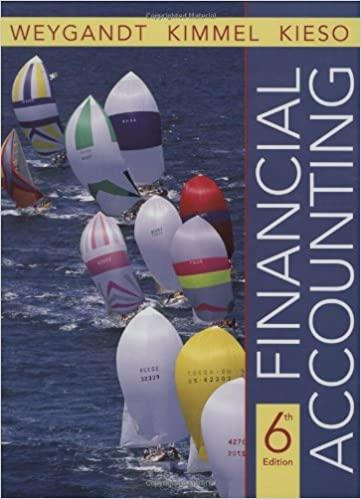

Response All Questions From Part A To D A) What is (are) the ethical issue(s) in this situation? B) What are Greg Hanes's responsibilities as a management accountant? C) Should Greg adjust the standards to a more achievable level in this situation? Support your answer. D) Describe another way that Greg could handle this situation that would not violate the IMA Statement of Ethical Professional Practice Situation The Green Gnome Company manufactures lawn and garden concrete and resin statues. It uses a standard costing system for its products. Managers and production personnel are paid bonuses based on attainment of material, labor, and overhead standards. The standards are recommended by a committee that is composed of engineers, production staff, and accountants. The accounting manager, however, has the final say on what the standards will be for each upcoming year. Four years ago, the senior management at Green Gnome adopted a "zero-defects" strategy throughout the organization. As part of the zero-defects strategy, the company has been using ideal standards. Senior management has pointed out that it does not want to build waste into the standards by using practical standards. The adoption of ideal standards has been somewhat problem atic at Green Gnome, and there has been a lot of resistance from employees to the ideal standards. Greg Hanes is the accounting manager at Green Gnome and is currently evaluating the material, labor, and overhead standards for the upcoming year. The standards committee has already met and made its recommendations. The standards are, as dictated by senior management, extremely tight and allow for zero waste, break downs, or downtime. The plant manager, Sheryl Radison, comes to Greg and asks him to loosen the standards for the upcoming year. The plant manager is upset that the standards are set at a 100% efficiency rate (zero defects). Sheryl points out that everyone's bonus is on the line if the standards are not met. Some jobs may also be lost if standards are not met. Sheryl feels that the standards are unattainable and are not fair to employees. Sheryl even indicates that Greg's job might possibly be on the line if another year goes by without standards being achieved. Greg gets together with a close friend, Paula Brown, and discusses the matter at length with her. He tells her he feels guilty if the production staff does not get bonuses because of the way that the standards are set. He is also worried about his own job over the long run; it is in his best interests to have a good relationship with the plant manager. The economy is bad, and he does not know how long it would take to get a new job. Greg shows Paula the ideal standards recommended by the committee and then shows her the adjustments that he thinks he could make to help make the standards achievable. Paula agrees that the standards should be adjusted. IMA Statement of Ethical Professional Practice Effective July 1, 2017 Members of IMA shall behave ethically. A commitment to ethical professional practice includes overarching principles that express our values and standards that guide member conduct. Principles IMA's overarching ethical principles include: Honesty, Fairness, Objectivity, and Responsibility Members shall act in accordance with these principles and shall encourage others within their organizations to adhere to them. Standards IMA members have a responsibility to comply with and uphold the standards of Competence, Confidentiality, Integrity, and Credibility. Failure to comply may result in disciplinary action. I. COMPETENCE 1. Maintain an appropriate level of professional leadership and expertise by enhancing knowledge and skills. 2. Perform professional duties in accordance with relevant laws, regulations, and technical standards. 3. Provide decision support information and recommendations that are accurate, clear, concise, and timely. Recognize and help manage risk. II. CONFIDENTIALITY 1. Keep information confidential except when disclosure is authorized or legally required. 2. Inform all relevant parties regarding appropriate use of confidential information. Monitor to ensure compliance. 3. Refrain from using confidential information for unethical or illegal advantage. III. INTEGRITY 1. Mitigate actual conflicts of interest. Regularly communicate with business associates to avoid apparent conflicts of interest. Advise all parties of any potential conflicts of interest. 2. Refrain from engaging in any conduct that would prejudice carrying out duties ethically. 3. Abstain from engaging in or supporting any activity that might discredit the profession. 4. Contribute to a positive ethical culture and place integrity of the profession above personal interests. IV. CREDIBILITY 1. Communicate information fairly and objectively. 2. Provide all relevant information that could reasonably be expected to influence an intended user's understanding of the reports, analyses, or recommendations. 3. Report any delays or deficiencies in information, timeliness, processing, or inten controls in conformance with organization policy and/or applicable law. 4. Communicate professional limitations or other constraints that would preclude responsible judgment or successful performance of an activity








